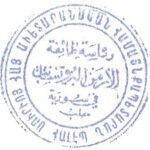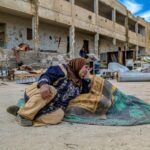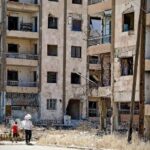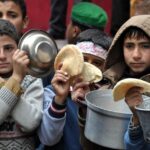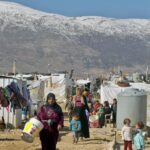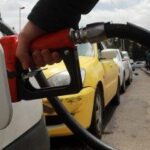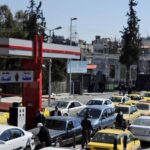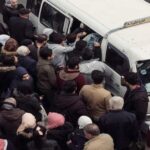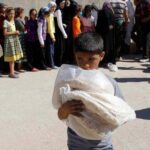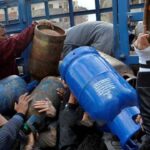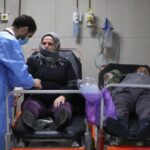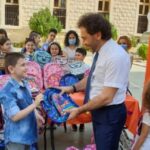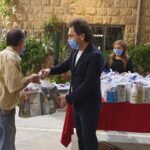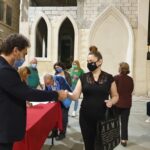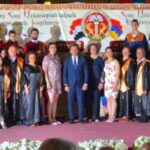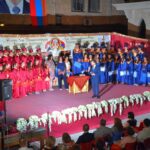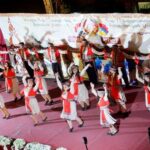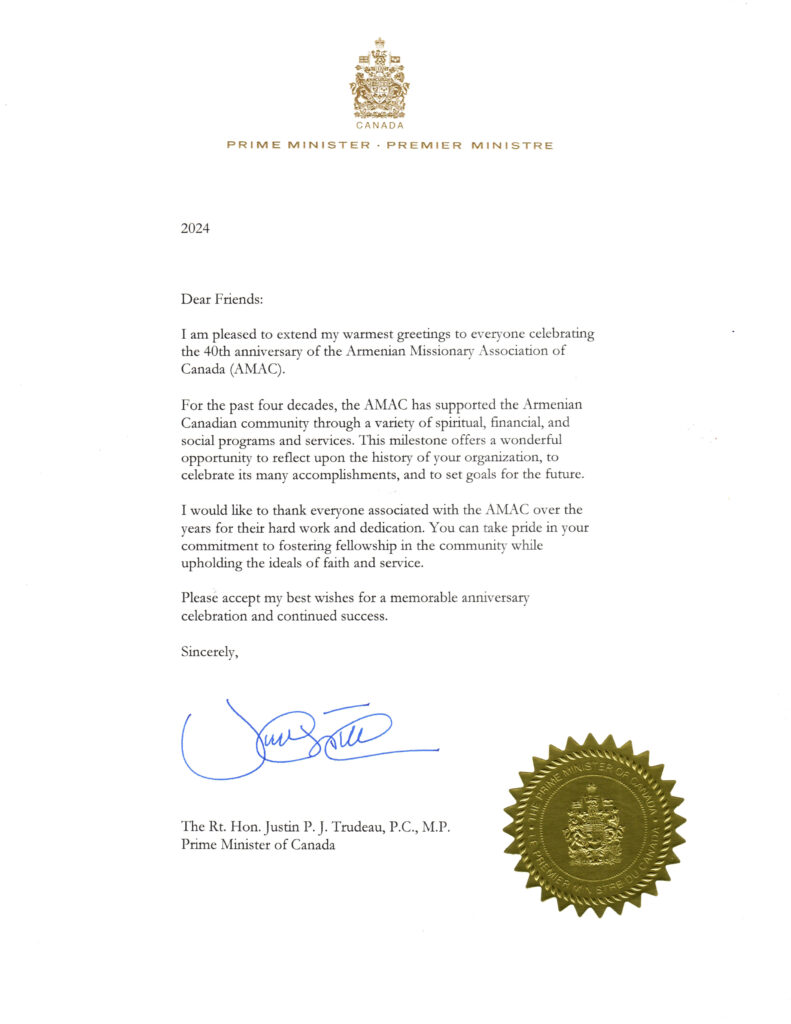Since the Syrian civil war began in 2011, more than 227,400 civilians – including 29,520 children – have died as a result of the conflict. 6.7 million people are internally displaced in Syria, and 5.6 million are registered refugees in neighboring countries. Turkey hosts the largest number of Syrian refugees, followed by Lebanon and Jordan. An estimated 13.4 million people are in need of humanitarian assistance. The humanitarian needs in Syria are severe across all sectors, with significant health, education, WASH, shelter, protection, and food needs. Years of conflict have left healthcare centers, hospitals, schools, and water and sanitation systems damaged or destroyed.
Syria faces an economic crisis, and the value of the Syrian pound has dropped to record lows. The economic downturn – which began when the conflict erupted – has accelerated since late 2019, leading to soaring prices of food, fuel, and other critical items. The cost of basic staples has increased by over 200% since late 2019. Food prices are 20 times higher than their pre-conflict levels. Households are forced to adopt negative coping mechanisms, including child labor, early marriage, and cutting or reducing meals. As of 2021, an estimated 12.4 million people in Syria – more than 70% of the current population, and the highest level ever recorded in the country – are food insecure, up from 7.9 million in 2020.
The deepening socio-economic crisis in Lebanon leads Syrian refugees to opt for unsafe return to Syria, increasing humanitarian needs. Despite these circumstances and the severity of needs, the total number of Syrian refugee returnees in 2020 was 9,351 – less than half of the 22,728 returns registered in 2019. This can be attributed to the fact that the decision of refugees to go back to Syria is influenced mainly by the security and safety situation, economic growth and possibilities, public service availability, and personal ties to their places of origin in Syria – and less so by the poor living conditions in Lebanon. In a needs assessment conducted in 2020, 81% of key informants among the Syrian returnees from all countries of displacement – including Lebanon – said that the worsening economic situation in their place of
displacement was the most important factor for returning, followed by a need to protect properties, cultural ties, and the improvement of the security situation in their location of origin.
Declining water levels in the Euphrates River since January reached a critically low level in May, increasing the risk of widespread water
shortages affecting the supply of drinking water, agricultural production, and electricity supply, particularly in northeast Syria. Around 5.5 million people in Syria depend on the Euphrates for drinking water and irrigation.
Extreme constraints on humanitarian access are still widespread across Syria. The availability of and access to basic services provided by humanitarian organizations remain limited. The delivery of humanitarian aid continues to be hindered by deliberate restrictions posed by all parties to the conflict. Checkpoints belonging to different armed groups restrict humanitarian aid and prevent residents from maintaining livelihood activities, such as selling goods, as well as from seeking services away from their place of residence.
Violence targeting civilians and civilian infrastructure such as markets, hospitals, schools, and residential areas is reported across the country.
A price list published by the state news agency on July 10, 2021 night showed one liter of diesel fuel will now cost 500 pounds, up from the 185 pounds users in most sectors were paying previously.
The price of subsidized bread doubled to 200 Syrian pounds. The state-run Syrian Foundation for Bakeries said that the rising price of diesel fuel contributed to the increase.
Diesel fuel in Syria is used to power vehicles and private generators that run for up to 20 hours per day in some areas to supplement an ailing power grid hampered by fuel shortages.
The diesel fuel hike would lead to “an increase in the price of transportation within and across provinces” by more than 26pc. The agriculture and industrial sectors will also see production costs rise. The cost of heating homes will also climb by 178pc.
As of 13 June, 24,814 confirmed cases of COVID-19 and 1,810 related deaths were registered in Government of Syria controlled areas. In northwest Syria, as of 14 June, 24,740 cases were reported, including 692 deaths. In northeast Syria, the number of confirmed cases continues to rise, with 18,023 cases and 796 deaths confirmed as of 6 June.
Because of a lack of testing capacities in the area and perceived underreporting, the actual number of positive cases is probably much
higher. Densely populated areas, notably Damascus/Rural Damascus and Aleppo and Homs cities, have a higher risk of the virus spreading. People living in congested areas such as camps, informal settlements and collective shelters are also at higher risk of the spread of COVID-19.
SYRIA
7,500,000 TOTAL POPULATION
17,500,000 PEOPLE AFFECTED
15,509,000 PEOPLE DISPLACED
13,400,000 PEOPLE IN NEED
In these disturbing days, as the Armenian Protestant Community in Syria, we raised our precautionary measures to eliminate the anxiety, panic, and worry in the community and protected the vulnerable against the virus through “Bethel” Polyclinic healthcare center.
We are pleased to inform you that the Armenian Evangelical Daily Vacation Bible Schools have started in late June 2021 with great enthusiasm. We thank God for granting us this great opportunity to share the Gospel with the children.
Another satisfying news is that the Armenian Evangelical Bethel Secondary School 12th & 9th grade students got outstanding results in the governmental final exams. On July 11, 2021 the baccalaureate service and the graduation ceremony were held for the middle class and baccalaureate students on Bethel Church campus. We hope that our schools will serve their purpose and prepare new generations for a brighter future for Syria.
 Prayerfully,
Prayerfully,
Rev. Haroutune Selimian, Ph.D.
President, Armenian Protestant Community in Syria


